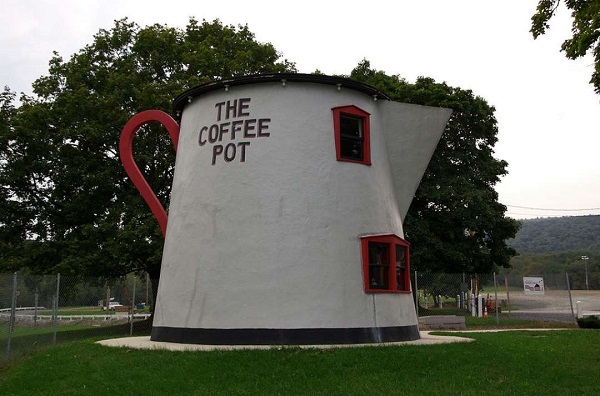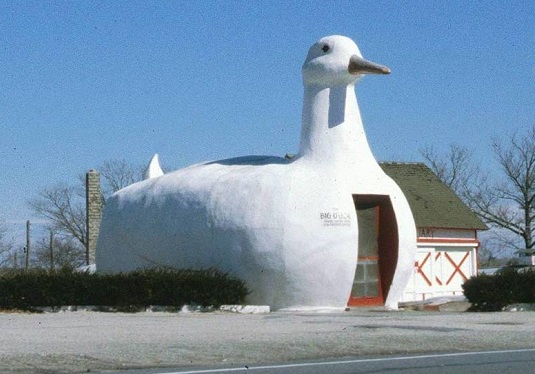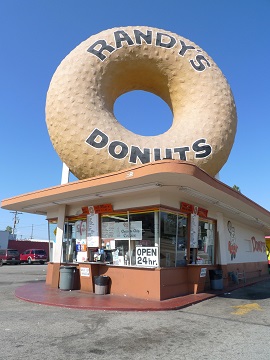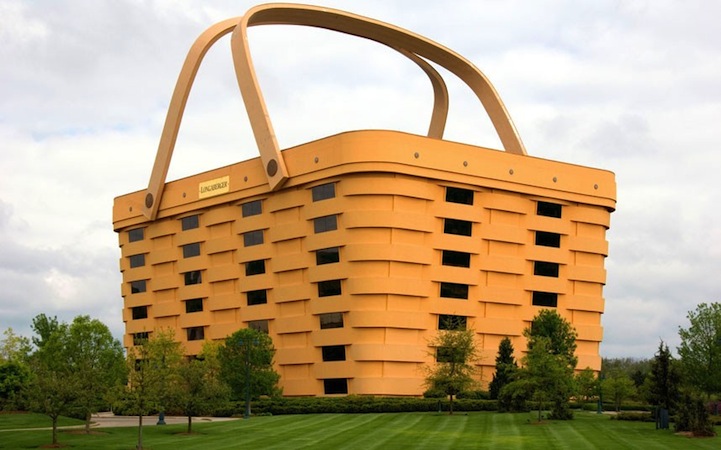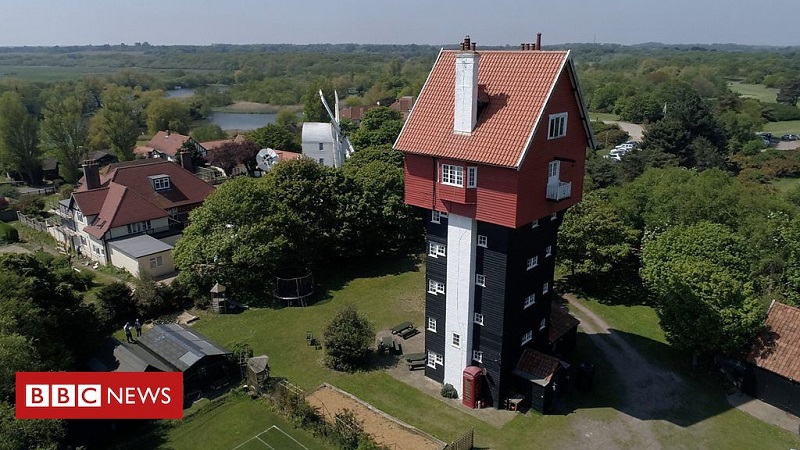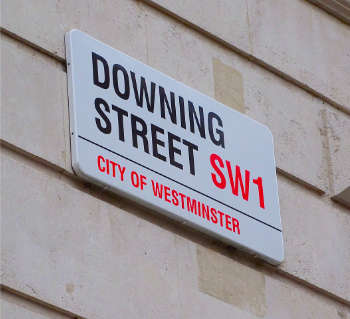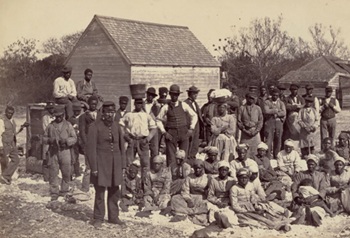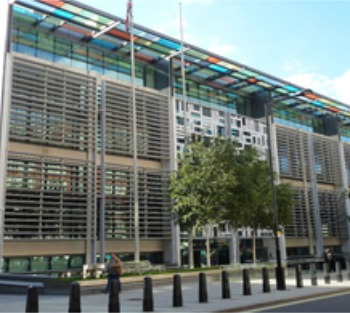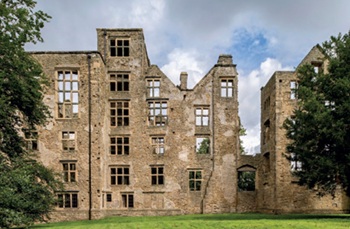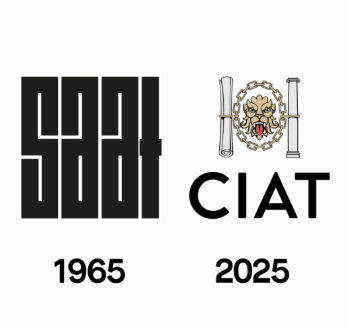Mimetic architecture
Mimetic architecture, also known as ‘novelty’ or ‘programmatic’ architecture, is a style of building design popularised in the United States in the first-half of the 20th century. It is characterised by unusual building designs that mimic the purpose or function of the building, or the product it is associated with.
Mimetic architecture was particularly popular between the 1920s and 1950s, as cars became widespread and freeways were built across America. Some roadside architecture started to be seen as a means for advertising to passing cars. For example, a roadside restaurant might be designed in the shape of a giant hot dog, a coffee shop in the shape of a coffee pot, or a fruit stand in the shape of a piece of fruit.
While mimetic architecture fell from favour after the 1950s and many such buildings were redeveloped or demolished, their size and novelty means that many are now viewed as local landmarks to be preserved.
[edit] Famous examples include:
Kansas City Public Library, Kansas City
Randy’s Donuts, California
The Big Basket, Newark
Water towers and storage tanks are often disguised in inventive ways, such as the House in the Clouds in Thorpeness (below).
Mimetic architecture can also refer to the replication of famous landmarks. This is popular in China, Japan and particularly, the United States. Perhaps the place where this is most synonymous is Las Vegas where buildings have been constructed that mimic an Egyptian pyramid (Luxor Las Vegas), the New York skyline (New-New York Hotel and Casino), the Eiffel Tower (Paris Las Vegas), a cartoon-medieval castle (Excalibur), the Rialto bridge (Venetian), and Roman classical architecture (Caesar’s Palace).
[edit] See our unusual buildings gallery HERE.
[edit] Related articles on Designing Buildings
- American architecture and construction.
- Architectural styles.
- Art Moderne.
- Big Duck.
- Britain’s greatest maverick building.
- Constructivist architecture.
- Dancing House, Prague.
- Dunmore Pineapple.
- Fish Building, India.
- Gereja Ayam.
- Haines Shoe House.
- Historical versus Modern: Identity through imitation.
- Lotus Temple.
- Luxor Las Vegas
- Metabolism.
- Piano Building.
- Skeuomorphism.
- Teapot building.
- Teapot Dome Service Station.
- The Big Basket.
- The Kelpies.
- The Oculus.
- Unusual building design of the week.
Featured articles and news
Shortage of high-quality data threatening the AI boom
And other fundamental issues highlighted by the Open Data Institute.
Data centres top the list of growth opportunities
In robust, yet heterogenous world BACS market.
Increased funding for BSR announced
Within plans for next generation of new towns.
New Towns Taskforce interim policy statement
With initial reactions to the 6 month policy update.
Heritage, industry and slavery
Interpretation must tell the story accurately.
PM announces Building safety and fire move to MHCLG
Following recommendations of the Grenfell Inquiry report.
Conserving the ruins of a great Elizabethan country house.
BSRIA European air conditioning market update 2024
Highs, lows and discrepancy rates in the annual demand.
50 years celebrating the ECA Apprenticeship Awards
As SMEs say the 10 years of the Apprenticeship Levy has failed them.
Nominations sought for CIOB awards
Celebrating construction excellence in Ireland and Northern Ireland.
EPC consultation in context: NCM, SAP, SBEM and HEM
One week to respond to the consultation on reforms to the Energy Performance of Buildings framework.
CIAT Celebrates 60 years of Architectural Technology
Find out more #CIAT60 social media takeover.
The BPF urges Chancellor for additional BSR resources
To remove barriers and bottlenecks which delay projects.
Flexibility over requirements to boost apprentice numbers
English, maths and minimumun duration requirements reduced for a 10,000 gain.
A long term view on European heating markets
BSRIA HVAC 2032 Study.
Humidity resilience strategies for home design
Frequency of extreme humidity events is increasing.
National Apprenticeship Week 2025
Skills for life : 10-16 February







